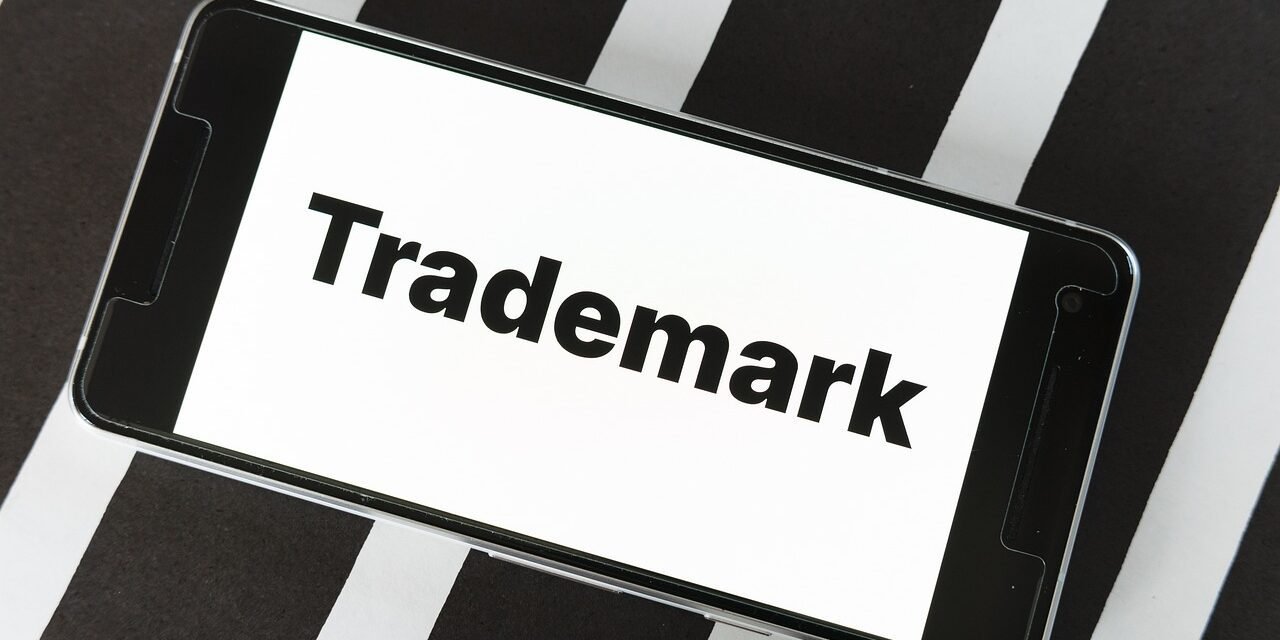Understanding Sexual Harassment in the Kenyan Workplace
Introduction
Sexual harassment in the workplace is a pressing issue in Kenya, with significant implications for both individuals and organizations. This article aims to explore what constitutes sexual harassment, its prevalence in the Kenyan context, legal frameworks, preventive measures, and avenues for addressing it effectively.
What is Sexual Harassment?
Sexual harassment refers to unwelcome behavior of a sexual nature that creates a hostile, intimidating, or offensive work environment. In Kenya, it can manifest in various forms, including verbal, physical, or visual conduct. Examples include unwanted advances, suggestive remarks, inappropriate touching, or displaying explicit materials.
Types of Sexual Harassment
Quid Pro Quo
This occurs when employment decisions or benefits are conditioned on the acceptance of unwelcome sexual advances. For instance, a supervisor offering a promotion in exchange for sexual favors.
Hostile Work Environment
A hostile work environment is created by pervasive and severe conduct of a sexual nature that interferes with an individual’s ability to work. This can include offensive jokes, lewd comments, or explicit images circulating in the workplace.
Prevalence of Sexual Harassment in Kenya
Sexual harassment is prevalent in various sectors in Kenya, including formal and informal workplaces, educational institutions, and public spaces. However, due to stigma, fear of retaliation, and cultural norms, many cases go unreported, leading to underestimation of its true extent.
Legal Frameworks
Employment Act
The Kenyan Employment Act prohibits sexual harassment in the workplace and imposes obligations on employers to prevent and address it. Employers are required to establish clear policies, provide training, and take appropriate action in response to complaints.
Constitution of Kenya
The Kenyan Constitution guarantees the right to dignity and freedom from discrimination, providing additional protection against sexual harassment in both public and private spheres.
Preventing Sexual Harassment
Policy Development
Employers should develop comprehensive policies prohibiting sexual harassment and ensure they are communicated to all employees. Policies should outline reporting procedures, investigation protocols, and consequences for offenders.
Training and Education
Regular training sessions on sexual harassment prevention can raise awareness, empower employees to speak up, and ensure all staff members understand their rights and responsibilities. Training should be culturally sensitive and accessible to all employees.
Creating a Respectful Culture
Organizations should foster a culture of respect and gender equality where harassment is not tolerated. Leadership plays a crucial role in setting the tone, modeling appropriate behavior, and holding perpetrators accountable.
Addressing Sexual Harassment
Reporting Mechanisms
Employers must establish multiple avenues for reporting harassment, including confidential channels such as hotlines or designated HR representatives. It’s essential to assure employees that reports will be taken seriously and investigated impartially.
Thorough Investigations
All complaints of sexual harassment should be promptly and thoroughly investigated, with due regard for confidentiality and fairness. Investigators should gather evidence, interview witnesses, and take appropriate disciplinary action if misconduct is substantiated.
Support for Victims
Victims of sexual harassment should be provided with support and resources, including counseling services, medical assistance, and legal advice. Employers should ensure victims are protected from retaliation and can continue their employment without fear of victimization.
Conclusion
Sexual harassment in the Kenyan workplace is a significant issue that requires proactive measures from employers, employees, and policymakers. By understanding its forms, implementing preventive measures, and responding effectively to complaints, organizations can create safer, more inclusive work environments for all.
FAQs
What should I do if I experience sexual harassment at work in Kenya?
If you experience sexual harassment at work in Kenya, you should document the incidents, report them to your employer through the designated channels, and seek support from HR or a trusted colleague. If the harassment persists or is not addressed, you may consider seeking assistance from relevant government agencies or legal counsel.
Are there cultural factors that contribute to sexual harassment in Kenya?
Yes, cultural norms and gender inequalities can contribute to sexual harassment in the Kenyan workplace. Traditional gender roles, patriarchal attitudes, and societal expectations may perpetuate harassment and discourage victims from speaking out.
How effective are Kenyan laws in addressing sexual harassment?
While Kenyan laws provide protections against sexual harassment in the workplace, enforcement and implementation remain challenges. Many cases go unreported due to fear of retaliation or lack of awareness of legal rights. Efforts to strengthen enforcement mechanisms and raise awareness are crucial for improving effectiveness.
Can informal workplaces in Kenya address sexual harassment effectively?
Informal workplaces, such as small businesses or informal sector enterprises, may face unique challenges in addressing sexual harassment due to limited resources and awareness. However, implementing clear policies, providing training, and fostering a culture of respect can help prevent and address harassment in any workplace setting.
What role can civil society organizations play in addressing sexual harassment in Kenya?
Civil society organizations play a vital role in raising awareness, providing support services to victims, advocating for policy reforms, and holding employers and perpetrators accountable. Collaborative efforts involving government, NGOs, and the private sector are essential for combating sexual harassment effectively in Kenya.
- 580 views





